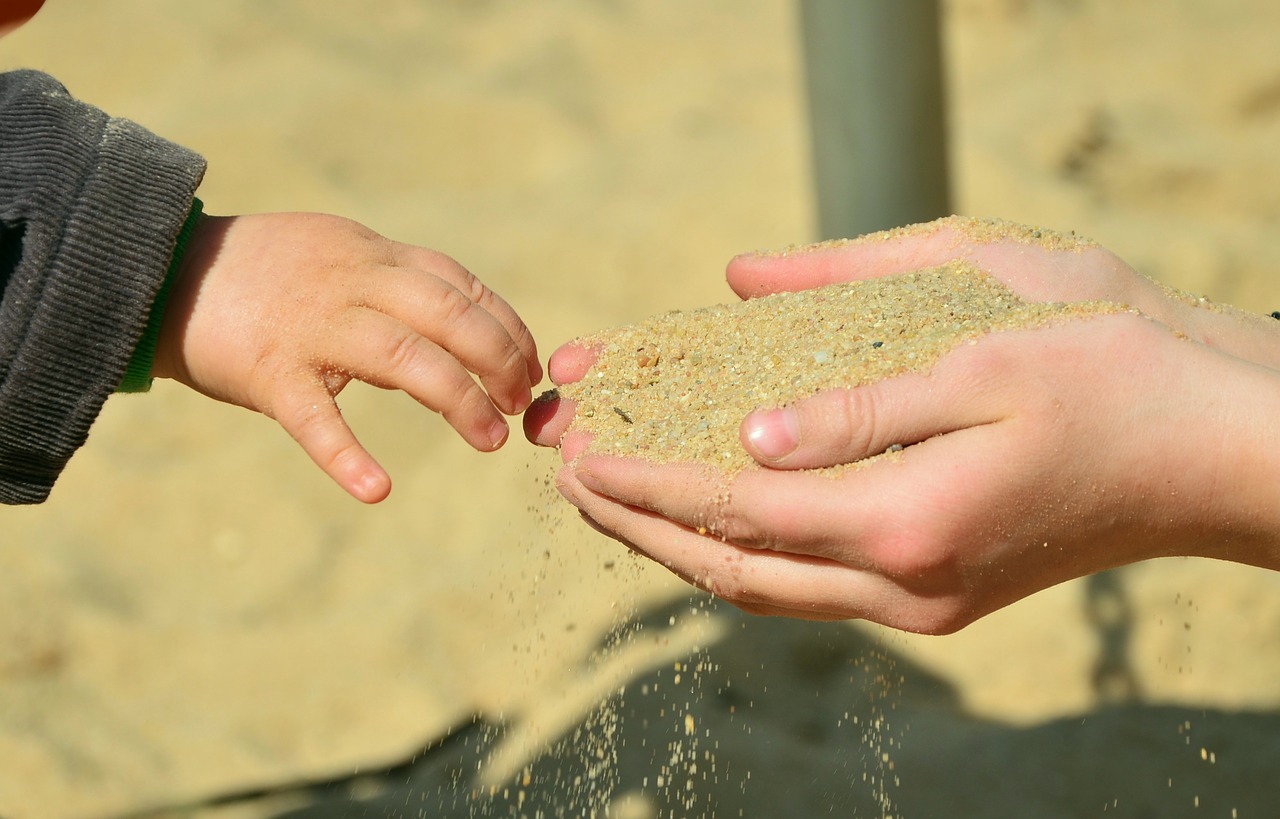Goemans Anouk, Researcher, Department of Clinical Child and Adolescent Studies, Leiden University The Netherlands
Mitch van Geel, Paul Vedder, Researcher, Department of Clinical Child and Adolescent Studies, Leiden University, The Netherlands.
Foster children often have contact with their birth family during their placement in the foster family. Continuing ties and maintaining the original attachment relationship is important for successful reunification, identity development and self-esteem. However, contact birth family can also be disturbing and children are reported to react badly to visits sometimes. The objective of the current study is to examine whether contact is related to planning for reunification, foster parents’ stress, and foster children’s psychosocial functioning. Method: Data were collected for 446 foster children between 3 and 17 years old, residing in regular full-time family foster care. Foster parents were asked to complete an online questionnaire. Results: The majority of the children (84.5%) had contact with their birth family. The quality of the contact differed, but was reported to be good for the majority (50.4%), reasonable for 38.7%, and bad for a small group of foster children (9.2%). For foster children with contact, plans for reunification were more likely than for children without contact. A better quality of contact was related to lower levels of foster parents’ stress, and fewer psychosocial problems of foster children. Conclusions: This study indicated that the quality of contact seems to play an important role in the functioning of both foster parents and foster children. It is important to further study the conditions linked to positive and negative evaluations of visitations and how these affect the quality of foster care and foster children’s psychosocial functioning.
Keywords : Foster care, visitation, contact,
